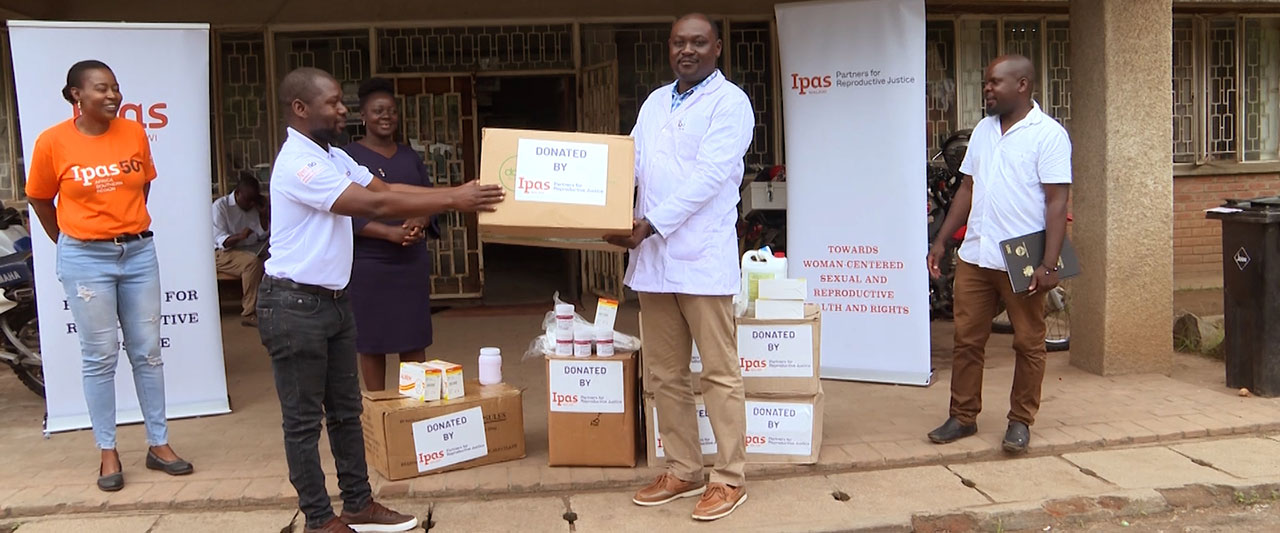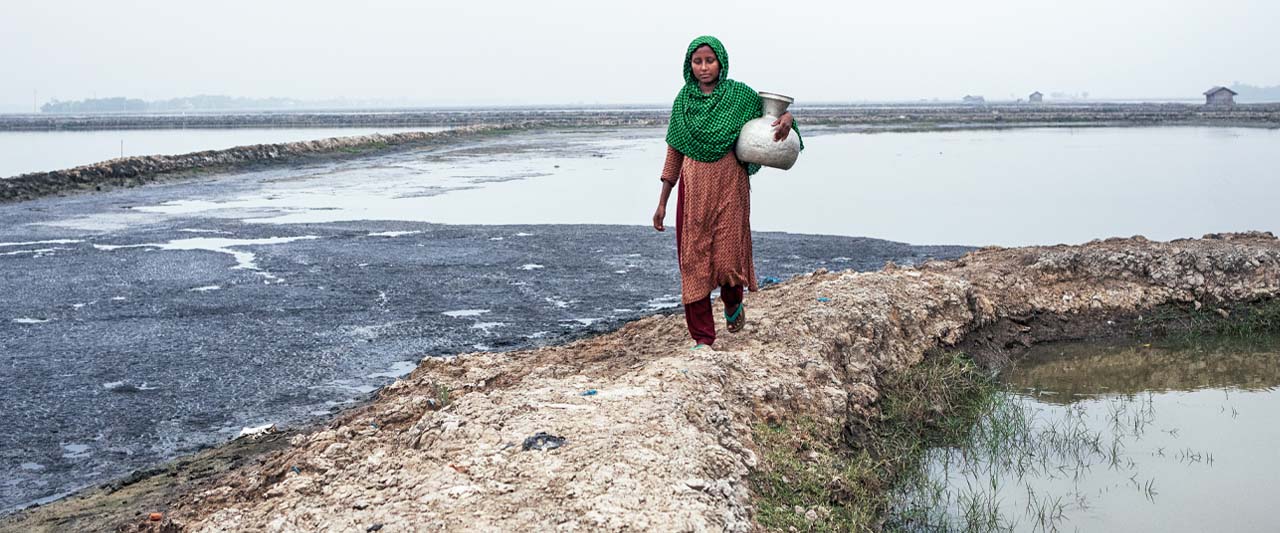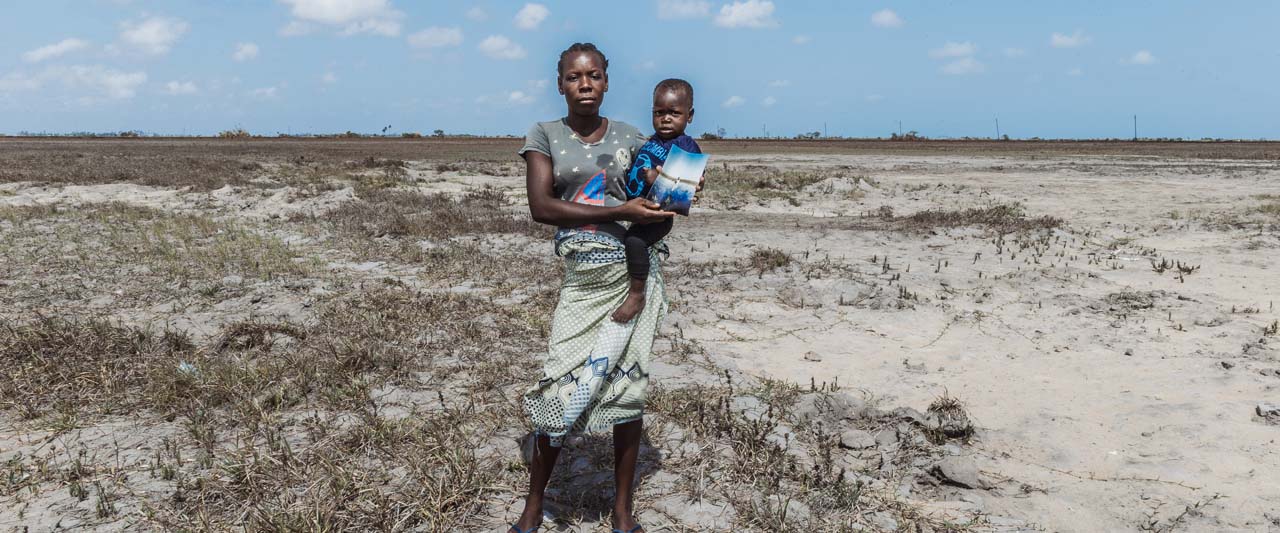Climate change is hitting Malawi hard. In recent years, torrential rains, destructive winds and mudslides brought on by a series of cyclones have had a devastating impact on the country’s people and its agriculture-based economy. When Cyclone Freddy raked across southern Malawi in the spring of 2023, hundreds of people were killed, more than 650,000 people were displaced from their homes and half a million acres of crops were destroyed.
Women and girls are disproportionately affected by climate disasters such as Cyclone Freddy—and new research by Ipas shows that the time immediately before, during and after extreme weather events is when access to care for contraception, pregnancy and abortion is most compromised. In Malawi, Ipas is working to ensure that women and girls displaced from their homes by climate disasters can still get the sexual and reproductive health services they need.
Even though Malawi has one of the most restrictive abortion laws in Africa, Ipas has worked with the government and other partners since 2005 to provide training, medical supplies and other support to expand the provision of contraception and other reproductive health services. This has included training youth educators to provide sexual and reproductive health information in communities and setting up mobile clinics that can offer services to people who can’t travel to health centers.
Ready to deploy care when disaster strikes
In response to the challenges posed by climate change, Ipas Malawi is drawing on its established programs, expertise and strong relationships across the health system and communities. After Cyclone Freddy, Ipas was able to quickly deploy assistance to women and girls who have been displaced and are living in temporary camps.
“Our focus is on sexual and reproductive health in these camps, because we know women and girls need these services and that the regular health system has been disrupted,” says Clement Kolove, Ipas Malawi Country Representative.
This support includes:
- Donations of medical equipment and supplies that can be used to reduce the transmission of sexually transmitted infections and unwanted pregnancies
- Training and deploying dozens of youth educators to the camps, to share sexual and reproductive health information and to educate women and girls on things such as family planning, emergency contraceptives and how to avoid transactional sex to obtain food.
- Development and deployment of Ipas Health Link, a free app available for Android devices. Providing private and accurate information on gender-based violence and sexual and reproductive health and rights, the app also enables users to connect to further assistance by phone or by using an AI chatbot via WhatsApp. A team of health workers and other relevant experts has been trained to respond and provide immediate responses to people using the app.
- Support for Malawi’s government by providing district councils with assorted medical items and equipment for cyclone survivors. Ipas Malawi also donated medical supplies directly to Blantyre and Chiladzulo District Health hospitals.
Building women-led climate justice globally
Pansi Pam Katenga, who formerly led Ipas’s work in Malawi and is now director of development for Ipas, says the quality of sexual and reproductive health services provided in the camps is comparable to that offered in the country’s health centers.
“In Malawi and many other countries, we are advocating for women-led climate justice,” Katenga adds. “Women and girls are most affected by climate change, and we want make sure their voices are heard and that they are part of the solution.”
Looking to the future, Kolove says Ipas Malawi will be working to help build even more resilience in the health system and with community educators so they can reach more people when climate events strike. “We know that weather-related disasters are going to keep coming—and want to do everything we can to ensure we’re able to help people displaced by disaster get the access to care they need,” he says.






